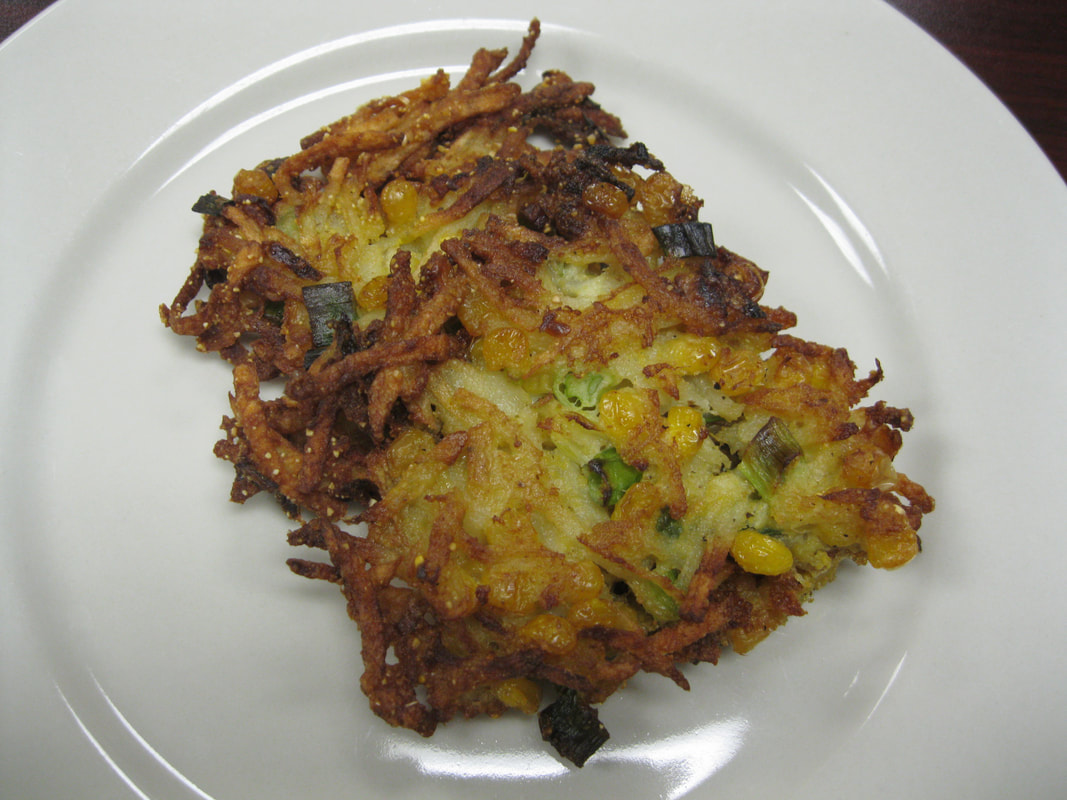Return to Education Newsletter main page! |
New Health Fad: 40 Day and 40 Night CleanseBy ISJL Education Fellow Rachel Kesler Friedman
As I nosh on a celery stick, wishing it were a bag of salt and vinegar chips, I can’t help but think about the different “seasons” promoting health fads. In January, the commercials are constantly saying, “new year, new you,” “start the year off right: in the gym,” or “shed your winter coat at the gym! Discounted memberships." Spring break brings pressure, too: slim down for vacations now, and the bathing suit weather of summer ahead. Then in fall/winter, the weight-loss industry introduces health fads to help keep the winter weight off. But don't worry - if we happen to pack on a few pounds during the colder months, there will be a new fad to help us take it off come the next January. It’s a cycle. All the while new fads are breaching the surface (yes, I porpoise-fully used whale-terminology there for irony) to help us get the bodies we dream of. And let’s be honest, we have all fallen for it. And, we have all failed at some point. But what keeps us coming back? What keeps us from being successful to complete whatever six-week challenge we might see on Instagram? Health fads—are they good for us? This is an excellent question, with no concrete answer. It all depends on what we each define as “good.” What is the ruler we use to measure this “good” metric? Weight-loss, emotional health, muscle-gain, or skin-clarity? With the metric of weight-loss in mind, fad diets can be “good” for us. If the overall goal is to look a certain way, fit into a certain pair of jeans, then the “good” metric can be met. But, at what cost? Monetarily there is a cost to purchase whatever juice is part of whichever cleanse, workout eBook, or pills you need to swallow for a “weight-loss guarantee.” This all feeds into the billion dollar commercial weight-loss industry.[i] Are fads good for our wallet? The answer is usually “no.” Emotional health is another metric that is necessary to measure when considering health fads. Trendy diets can require a severe shift in daily routines, coming in the forms of strict calorie restriction or ignoring natural body cues (hunger, exhaustion, fullness). The conditions these fads require can be unsustainable, which is why they are “fads.” There are always newer trends to hop onto because the last one has died out. All of the stress of the diet itself, combined with the sense of failure if we slip, can be detrimental to overall mental and emotional health. However, the reason why fad diets exist, and why it is such a profitable market, is because the consumer is generally unhappy with themselves. Engaging in a special diet gives the consumer a sense of agency over their health. That feeling can be inspiring, especially when body-image/health-related issues often come with despair. As long as people continue to feel the desperate lows about their bodies, and the powerful highs of taking their health into their own hands, the fads will continue to breach. And the cycle continues. Are health fads Jewish? There is a Jewish value called שְׁמִירַת הַגוּף (sh’mirat haguf), which directly translate as “guarding the body.” The meaning of this value has been stretched to include any activity that improves health. Things like meditation, reading, keeping up with personal hygiene, exercising, or having a healthy diet are all things that fall under the important umbrella of שְׁמִירַת הַגוּף (sh’mirat haguf). Genesis 1:27 states that people are made in the image of God. This early-in-the-Torah text references the importance of protecting the human body. An exegesis of this scripture is for humans not only to treat others with the utmost respect, but themselves as well. If we are made in the image of God, we must treat ourselves as such – with the utmost care and respect. With this Genesis quote in mind, where do health fads fall? To they help or hurt this image of God within us all? Overall, a healthy regime of diet and exercise fulfill the mitzvah of שְׁמִירַת הַגוּף (sh’mirat haguf). Treating our bodies and minds well, attending to self-care, are both secular and Jewish ideas. However, if a health fad becomes detrimental the perspective shifts. The path from a healthy mindset to an unhealthy one can be a steep and slippery slope when it comes to dieting. Negative self-talk and injury from overuse goes against שְׁמִירַת הַגוּף (sh’mirat haguf). Those people who are susceptible to such behavior when participating in a strict diet/exercise regime are not upholding שְׁמִירַת הַגוּף (sh’mirat haguf), and are not engaging in this Jewish value. This behavior indicates that health fads are not agreeable with the Jewish lens. But whether or not participating in a food trend upholds a Jewish value is dependent on the foodie or gym-rat. Therefore, are health fads a good thing (and are they Jewish)? That’s entirely up to us. [i] https://www.prnewswire.com/news-releases/us-weight-loss-market-worth-66-billion-300573968.html |
- Home
- WHO WE ARE
-
WHAT WE DO
- PODCAST
- Conference >
- Education >
-
CULTURE
>
- Culture Overview
- Cultural Programming >
-
History
>
-
Encyclopedia of Southern Jewish Communities
>
- Alabama Encyclopedia
- Arkansas Encyclopedia
- Georgia Encyclopedia
- Florida Encyclopedia
- Kentucky Encyclopedia
- Louisiana Encyclopedia
- Mississippi Encyclopedia
- North Carolina Encyclopedia
- Oklahoma Encyclopedia
- South Carolina Encyclopedia
- Tennessee Encyclopedia
- Texas Encyclopedia
- Virginia Encyclopedia
- Encyclopedia Credits
- Oral History
-
Encyclopedia of Southern Jewish Communities
>
- SPIRITUALITY >
- DONATE
- Shalom Y'all
- Strategic Plan
- Southern & Jewish Blog
- Calendar
- Virtual Press Kit
|
©2024 Goldring/Woldenberg Institute of Southern Jewish Life
|

